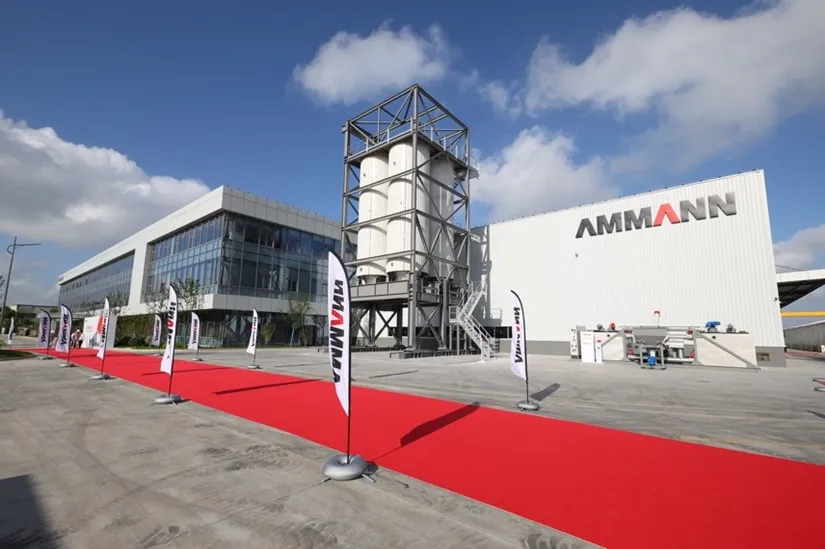A series of key developments will boost the market presence of the electric vehicle worldwide. China is particular looks set to develop its presence in the sector, partly in a bid to reduce the country’s urban pollution problems. A new electric vehicle developed in partnership between Daimler Benz and Chinese firm BYD Automotive looks set to be launched in September 2014. The DENZA model has been developed outside of Germany to meet market needs for China. Customers for the vehicle will benefit from subsidi
April 22, 2014
Read time: 2 mins
A series of key developments will boost the market presence of the electric vehicle worldwide. China is particular looks set to develop its presence in the sector, partly in a bid to reduce the country’s urban pollution problems. A new electric vehicle developed in partnership between 3992 Daimler Benz and Chinese firm 3484 BYD Automotive looks set to be launched in September 2014. The DENZA model has been developed outside of Germany to meet market needs for China. Customers for the vehicle will benefit from subsidies and will not be subject to restrictions on which day they are allowed to drive in congested cities such as Beijing. The five seat vehicle will be built by Shenzhen BYD Daimler New Technology Co and is said to offer a range of 300km between charges. And car producer Lifan Industry has signed a deal with the authorities in the city of Jiyuan in Henan Province for a new factory to build electric vehicles. The first phase of this project is for a plant able to produce some 10,000 vehicles/year, while the second phase would be for a production output of some 100,000 vehicles/year.
Meanwhile South Korean car company236 Hyundai Motor looks set to roll out its new electric vehicle in 2016, with China being one of the key target markets. The vehicle will offer a range of 200km and be powered by an 80kW motor, with a batter supplied by LG Chem. Also due from the company are plug-in hybrid and hybrid versions of its Sonata and Grandeur models, as well as hydrogen-powered and cars, with the line-up of environmentally-friendly cars to be completed by 2018.
Meanwhile South Korean car company






